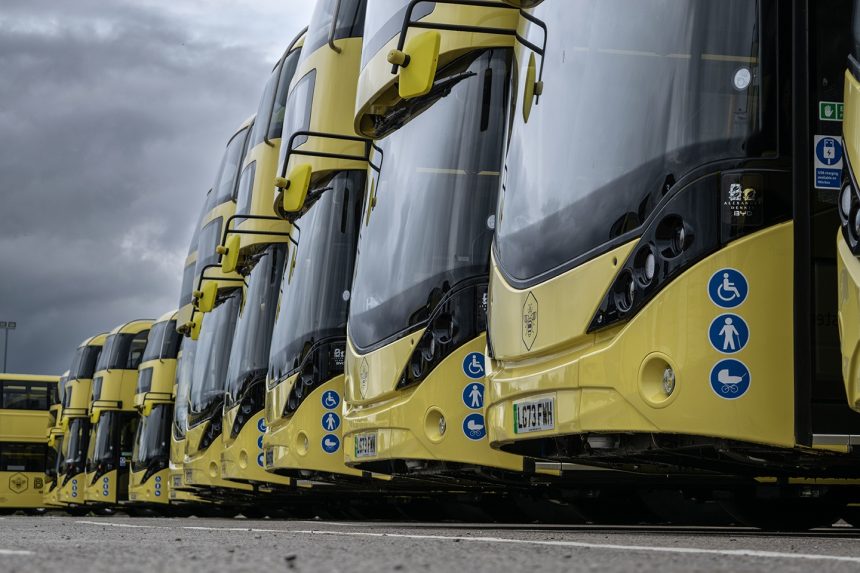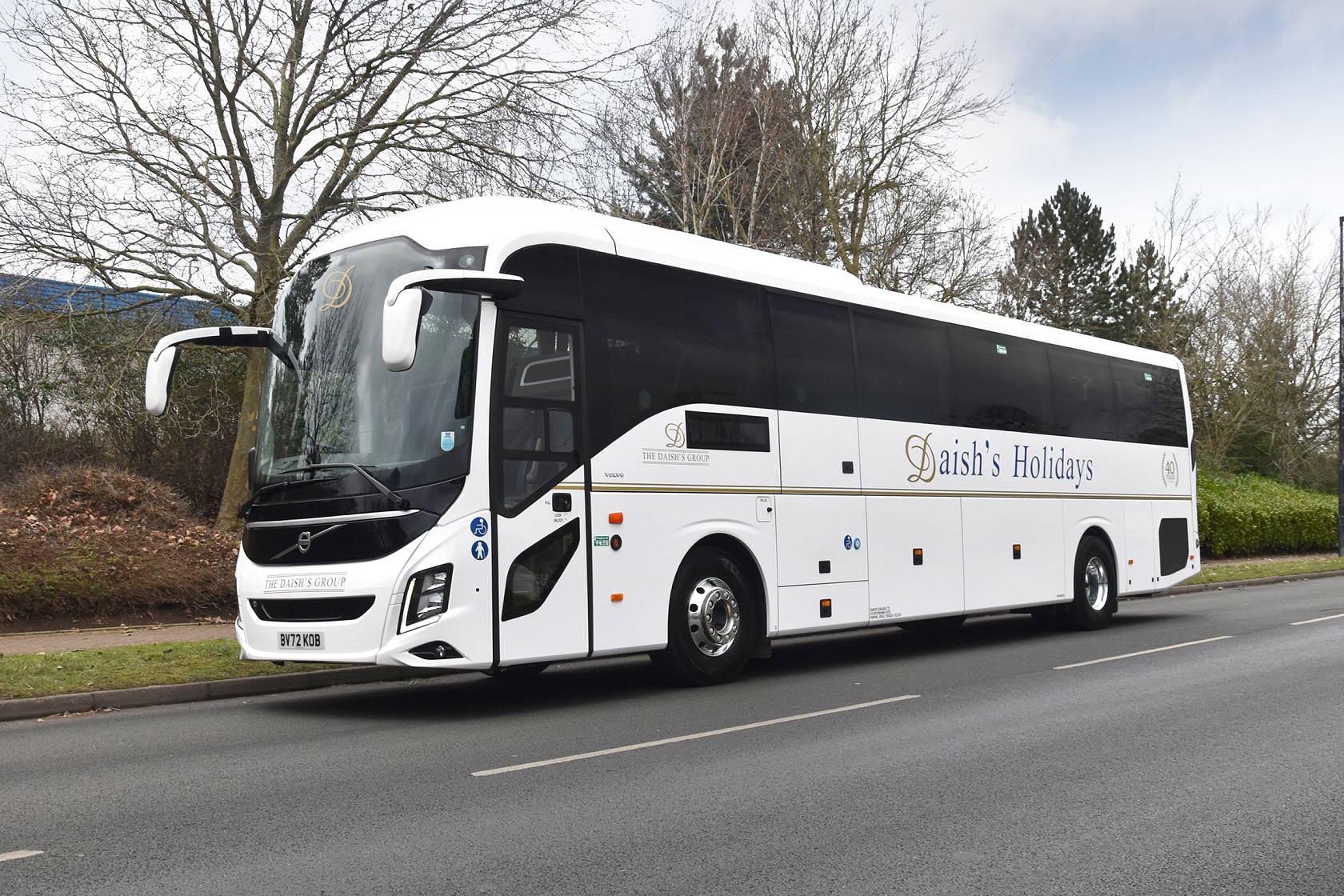Transport for Greater Manchester (TfGM) has detailed more of the implementation of Tranche 2 of its bus franchising scheme that went live on 24 March, whereby half of Greater Manchester’s bus services came under local control. The latest phase includes Oldham, Rochdale, and parts of Bury, Salford, and north Manchester.
Anne Marie Purcell, TfGM’s Chief Transformation Officer, and Stephen Rhodes, Director of Bus, gave an overview of where TfGM stands with the current rollout and answered questions on its benefits at a recent media briefing.
The initiative promises more frequent services, reversals of pre-franchise service reductions, and enhanced performance on underperforming routes. The introduction of a new journey planner and bus tracker on the Bee Network app, designed to support over 5,000 daily journeys, also signifies TfGM’s focus on addressing customer convenience.
Ms Purcell emphasised a positive narrative around bus and one of reversing decline. She notes the competitive nature of the contracts with an improvement in the standard of bids from Tranche 1 to Tranche 2, with an emphasis on social value considerations, such as living wage commitments and employment charters, and the use of a ‘social value portal’ as one of its tender approaches.
Mr Rhodes shared encouraging performance data, with Bee Network bus services showing improved reliability and increased patronage, indicating positive public reception.
He reports that TfGM’s latest data shows that Bee Network bus services “are more reliable than before bus franchising” with 74.4% of Bee Network buses on time between 9-16 March compared to 68.1% on commercial services and 61.7% of the same period last year prior to franchising.
TfGM adds that patronage on franchised services has grown steadily since the start of Tranche 1 operations with more than 130,000 passengers being carried each weekday.
Accountability forms a major part of the discussion. “We are looking to publish performance results and drive performance up,” Mr Rhodes says. “The positive thing for the wider industry is that focus on performance which for a number of us that have been in the industry for a long time just haven’t seen. The Mayor is very keen that we are acting on customer feedback.”
Ms Purcell reports on positive operator engagement and “impeccable behaviour” from outgoing operator First for its electrification of the Oldham depot during demobilisation.
Further improvements will come from an additional 20 buses being introduced to the network as part of Tranche 1 to improve performance and a more commercial mindset where frequency increases are being considered.
A longer term approach by TfGM will be a network review mechanism. Network reviews will develop the bus network in a coordinated manner as part of the wider Bee Network and will give visibility and accountability through the Bee Network Committee.
“That for me as Bus Director in the long run is what franchising is all about,” says Mr Rhodes. “It’s about improving performance over the longer term to make a more attractive network, up frequencies and join up with other modes or even between bus services. This is the real prize in an area that has been very fragmented; this is a chance to make better sense of it.”
TfGM adds that operational changes can (and have) been introduced outside of this process, but where network or strategic changes are required, it is the intention it will use the network review process to “ensure consistency and accountability.”
Network Reviews are expected to take approximately 12 months from initiation to mobilisation. The first (within Bolton) has already commenced.
“These are proper, fuller, network-based reviews rather than sticking plaster short term solutions,” adds Mr Rhodes. “It should ensure a co-ordinated approach. And avoid causing uncertainty for passengers. What we have a chance to do here is look at it in a joined up manager across modes with that control over fares and the network and see what makes sense.”
When asked whether there has been uptake on TfGM’s offer of sharing advice on rollout of franchising, Mr Rhodes notes that the organisation is in contact with interested authorities but that there is a diversity in approaches to local bus provision that needs to be accounted for. “We’re happy to share information, but right now we’re focused on Tranche 2 and getting it right here. We do talk with other authorities and with operating groups. The operators around the UK are thinking about their position, and some of them are now taking a different stance about what their view about franchising is.
Mr Rhodes adds that Greater Manchester is keen to see a franchise group formed where points of interest are shared. A recent high level meeting between bus and tram operators made for a positive discussion around careers in transport. That marks one element of best practice among many that Mr Rhodes says TfGM can learn from operators and translate it between operators within the network and even modes.



























